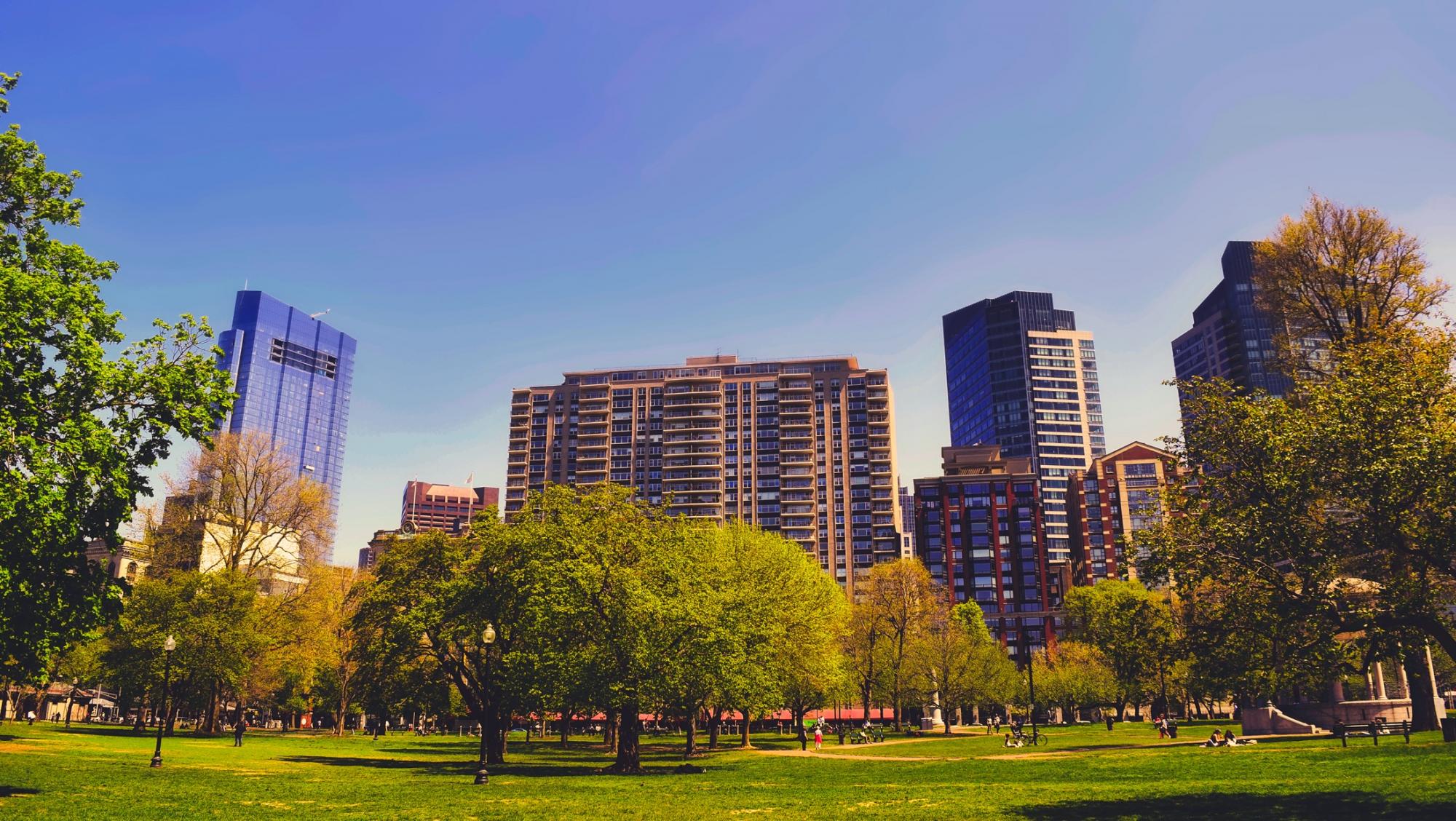Bite-sized Research Series: City Trees Get Ahead of the Climate Change Curve
Wednesday, October 25, 2017
12:00pm to 1:00pm
This event is part of the Peer Scholars event series.

When
Wednesday, October 25, 201712:00pm to 1:00pm
Where
About This Event
Cities are the future. Cities are also hot. In fact, cities currently have many conditions that will occur under future climate change scenarios—warmer temperatures, higher CO2 concentrations, and exacerbated droughts. As a result, cities are recognized for their potential as space-for-time substitutions and they present a unique opportunity for observing and predicting the future effects of climate change. Biological responses in cities have already occurred at large geographic scales, over long time periods, and with mature organisms experiencing a full complement of biotic and abiotic interactions. Cities are especially valuable for studying long-lived species such as trees. I am interested in processes that influence long-term tree growth, health, and sustainability in urban and rural forests. My research on urban tree physiological and ecological processes (such as growing, surviving drought, interacting with insects, and responding to disease) provides timely insight into tree responses to environmental change, information that is critical for managing North American forests and urban ecosystem services.
Dr. Nora Lahr is a Postdoctoral Research in the labs of Dr. Steve Frank (Dept of Entomology & Plant Pathology) and Dr. Rob Dunn (Dept of Applied Ecology), studying urban tree ecology and physiology. Dr. Lahr earned her Ph.D. from the University of Montana in 2012, where she studied interactions between conifers, bark beetles, and beetle-vectored fungi in the Rocky Mountains and in Norway.
Contact Information
Admission
Lunch will be provided to those who register.
Register for this event.